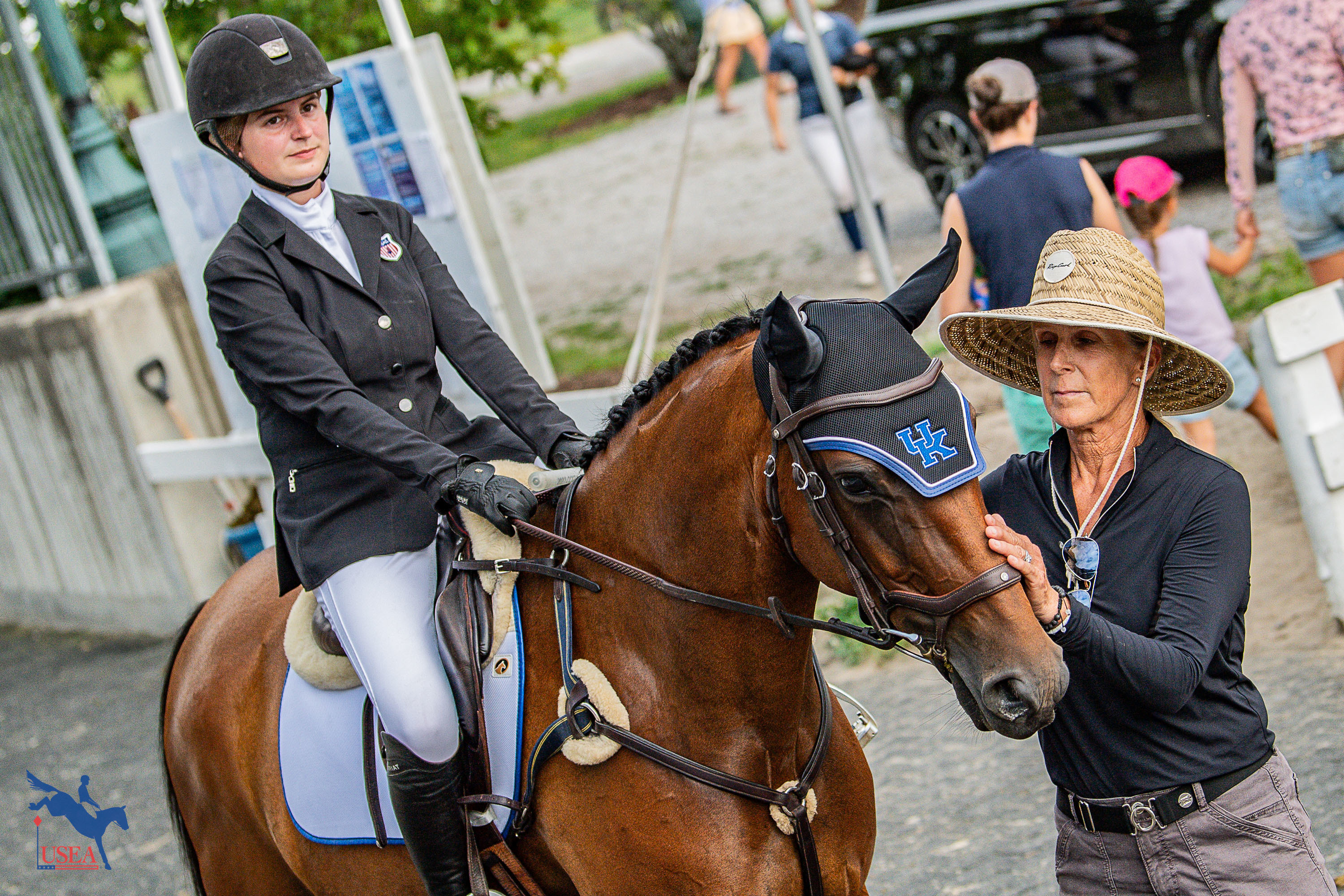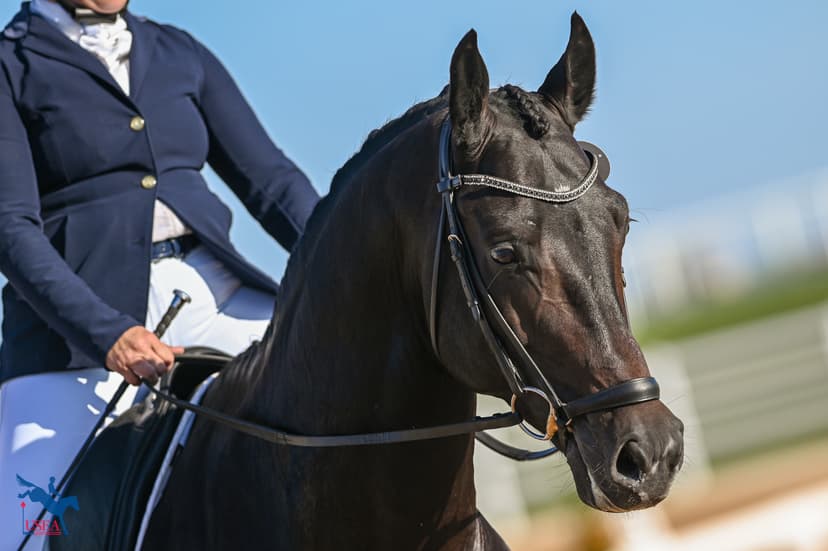Rule Refresher: One Piece of Gear You Can Never Forget on Cross-Country
Helmet? Check. Protective vest? Check! Your horse is wearing boots and/or studs appropriate for the terrain? Check! As you go through your pre-cross-country gear checklist, don't forget one of the single most important items: your medical data carrier.
Rule Refresher: Understanding Cross-Country Faults
Eventing combines three phases: dressage, show jumping, and cross-country. It is arguable that many eventers compete in this sport because of the cross-country phase. It's a fan-favorite for sure with its wide open galloping tracks, a wide variety of obstacles to jump, and the ability to encounte...
Rule Refresher: Extraordinary Rule Changes Effective April 1, 2025
Equally as important as staying brushed up on your knowledge of the USEF Rules for Eventing, it is also important to stay up to date on any rule changes coming through the pipeline. In this month's edition of ...
Rule Refresher: Not a Non-Compete? Not Allowed on Grounds
Bringing your future eventing prospect with you to a horse trial as a non-compete can be a wonderful educational opportunity for horses not used to the hustle and bustle of the show grounds. However, horses must be registered with the show office as a "non-compete" horse in order to be allowed on...
Rule Refresher: The Five Tenants of Schooling
You’ve made it to your event, your trailer is unloaded, your tack room is set, and your horse is settled—time for a little bit of schooling the day before the competition begins! Did you know there are rules around schooling under section EV111 of the U.S. Equestrian Federation (USEF) Rules for E...






















